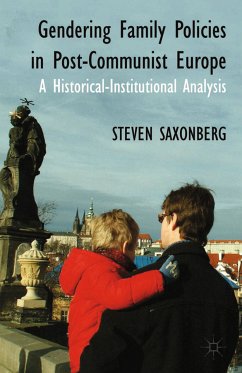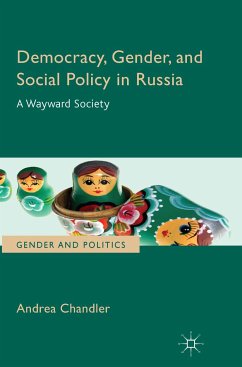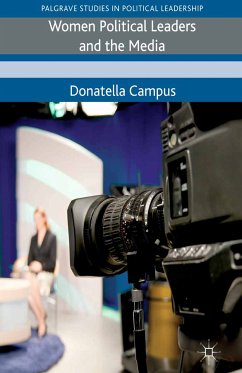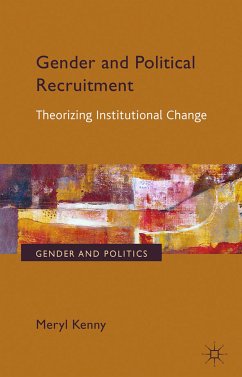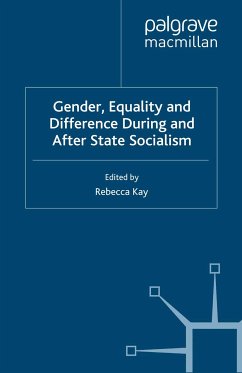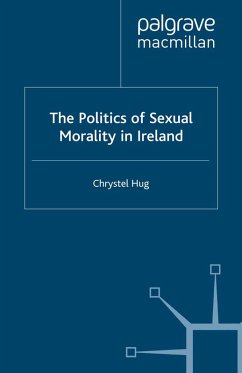
Women Intellectuals in Post-68 France (eBook, PDF)
Petitions and Polemics
Versandkostenfrei!
Sofort per Download lieferbar
40,95 €
inkl. MwSt.
Weitere Ausgaben:

PAYBACK Punkte
20 °P sammeln!
Accounts of public intellectuals in France and French feminism have focused on a specific set of women thinkers overlooking some major women intellectuals. This book aims redresses this balance by studying these forgotten intellectuals creating a cultural and theoretical re-evaluation of the gendered phenomenon of the public intellectual in France.
Dieser Download kann aus rechtlichen Gründen nur mit Rechnungsadresse in A, B, BG, CY, CZ, D, DK, EW, E, FIN, F, GR, HR, H, IRL, I, LT, L, LR, M, NL, PL, P, R, S, SLO, SK ausgeliefert werden.



